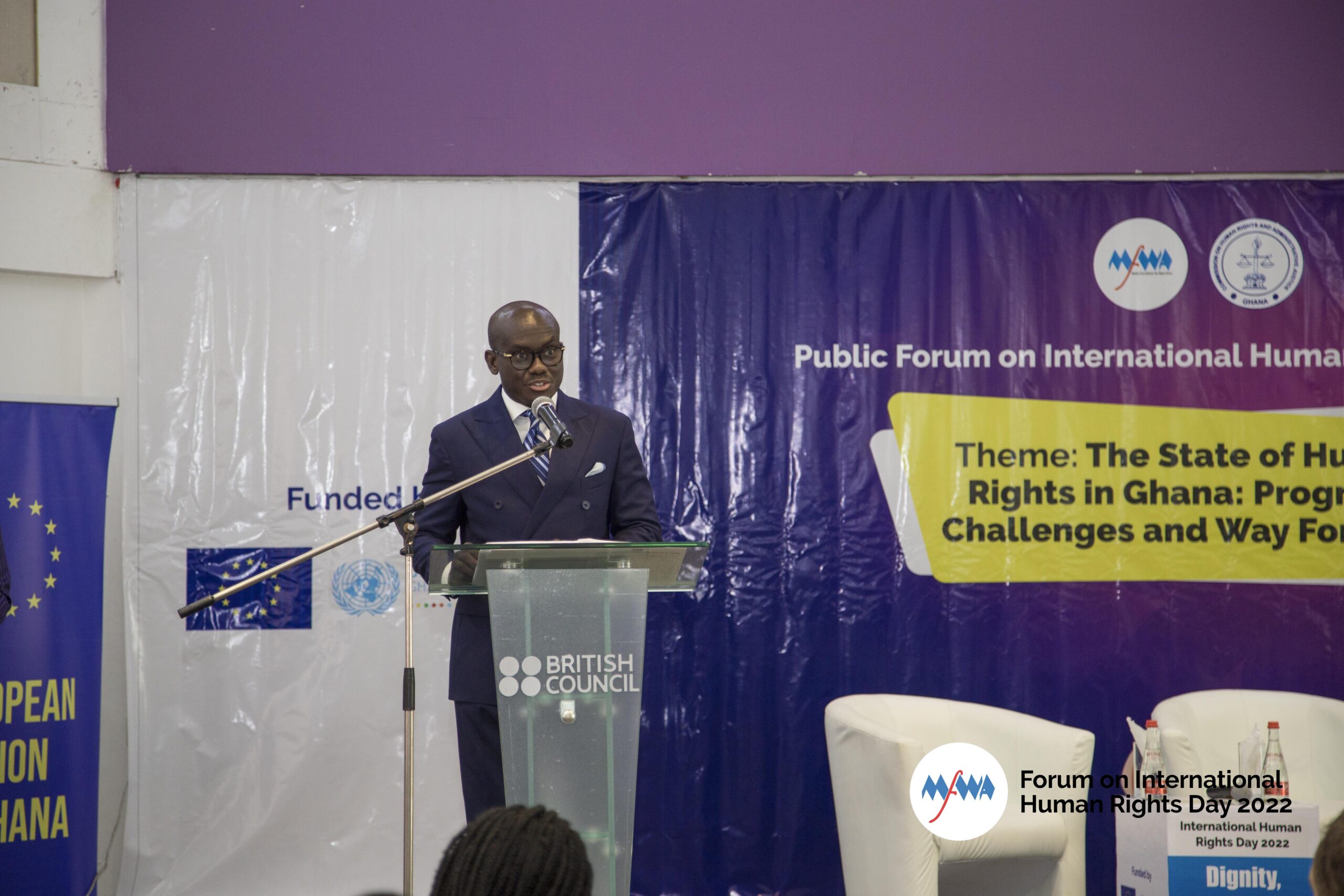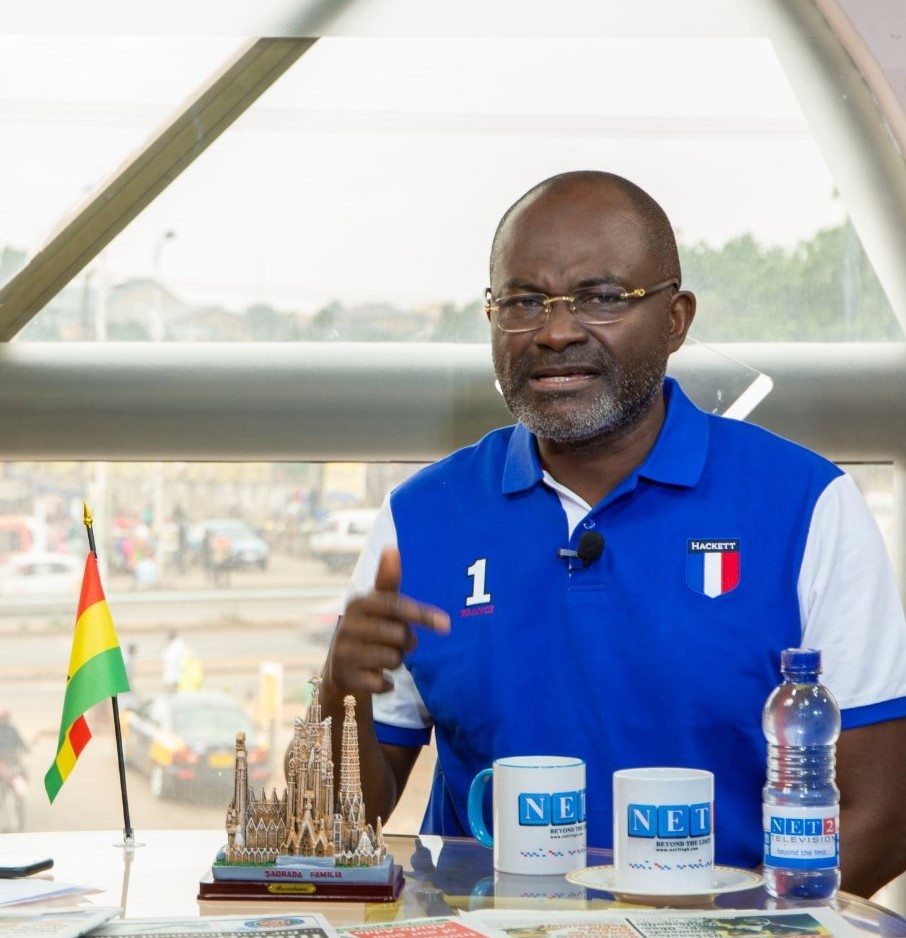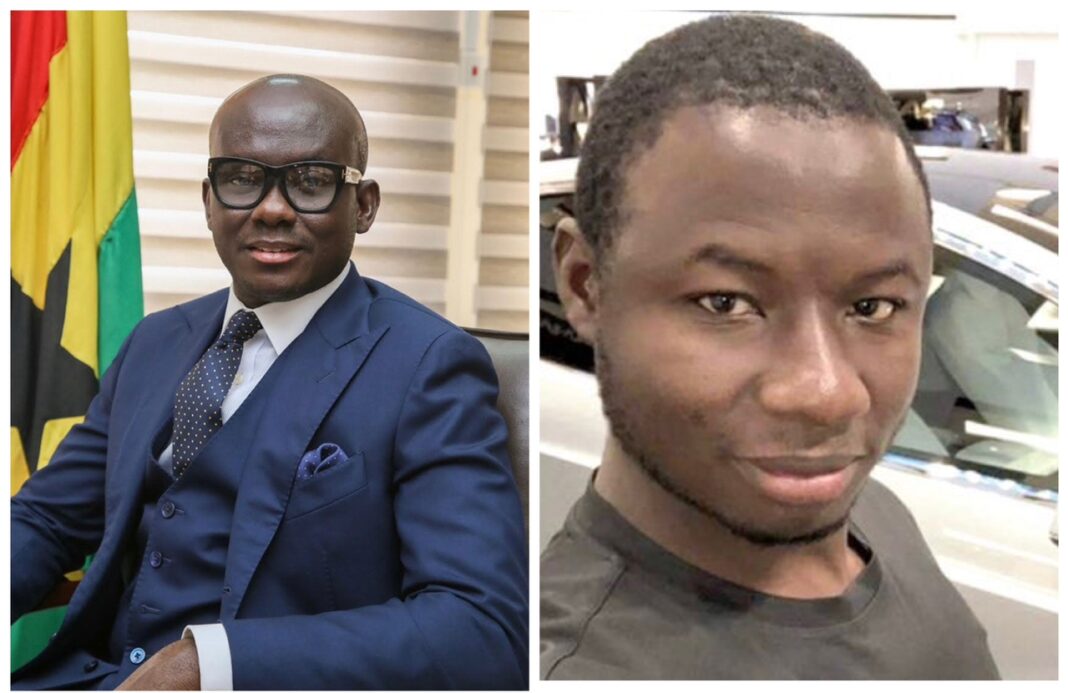It has been almost four years since investigative journalist, Ahmed Hussein Suale, was slayed in a grisly drive-by that cut his life short and soaked the aftermath of a massive corruption expose he collaborated on in blood.
In these three years, the Ghana government has been telling the public that its investigative apparatus has been at work and that under a singular purpose to unmask the murderers and bring them to justice, the Suale case has been a serious priority.
Was it not surprising therefore, when the Attorney General, on the 13th of December, 2022, while commemorating Human Rights Day, announced that he was personally unhappy about the slow pace of the investigation and that he intends to personally pressure the Police to bring closure to the case?
Hear him – “Of immense regret for me is the failure of the investigative agencies of state to conclude investigations in the Ahmed Suale murder incident. I remember reiterating the need to conclude investigations into that matter to the former Inspector-General of Police, on the occasion of a courtesy call on me on 29th March, 2021, upon assumption of office as Attorney-General and Minister for Justice. The former IGP presented an account of various painstaking efforts to unravel the murder. This, I shared with Parliament during a question and answer session I had with them.
I will ensure that, as a matter of urgency, the Police Service brings closure to investigations on this matter and duly inform the nation about its findings.”
The lip service is unmistakable – Mr. Godfred Yeboah Dame who has been government’s lawyer and the Minister of Justice since 2021, used the commemoration of human rights day in 2022 to announce that he intends to apply pressure on the Police to hasten the investigation into the three-year-old murder. Question is, what has he been doing all this while?
But this was not the most problematic of Mr. Dame’s keynote address at a forum that the Media Foundation for West Africa (MFWA) had co-hosted with the Commission on Human Rights and Administrative Justice (CHRAJ) in Ghana’s capital, Accra to mark Human Rights Day. In his concluding remarks over the martyring of Suale, the Attorney General dangled question marks over the connectedness of the killing of the journalist to his occupation as a journalist.
“Failure to conclude investigations clearly has fuelled speculations by all as to the possible causes of the murder, with the frequent connection being drawn by members of the public to the occupation of the victim of the murder as a journalist, which may be correct or wrong,” he said.
One cannot help but respond to this provocation by asking where the Attorney General is going with this curve ball? Peradventure, is the government, which has failed to unravel this assassination in three years, angling to disjoin Suale’s killing from his work as a journalist in preparation to wash its hands off the case which has been a major embarrassment? After all, if Ahmed Suale had not worked on the investigative piece which unravelled monumental corruption in Ghana football that echoed into the corridors of the seat of government at the time of his slaying, his killing would have just been a “murder” rather than an “assassination.”

The prayer is that government is not up to any such shenanigans, but if it is, then it should know that it has quite a tide of public opinion to swim against – many in the public, along with activists and press freedom advocates, consider the cold-blooded murder of Ahmed Suale, a martyring that is not unconnected to his contribution on the outing of monumental corruption in Ghana football.
The martyring of Suale
So far whatever evidence that is available to the public on the Suale murder is circumstantial, thanks to the failure of the government to find the smoking gun to build a prima facie case.
Ahmed Hussein Suale was killed on the night of January 16, 2019. On that fateful dark hour, his assailants, said to be two unknown gunmen on a motorbike, had pulled by his vehicle in traffic at Madina, a suburb of Accra, and shot him thrice at close range before speeding off. The slaying was very stylistic of a contract killing.
Curiously, the dastardly kill-job had happened just about a month after a Member of Parliament of the governing New Patriotic Party (NPP), Kennedy Agyapong, had publicly called for attacks on the journalist over his role in the “Number 12” investigative piece that his media house, Tiger Eye P.I. had published.

Number 12 exposed monumental corruption in Ghana football with secretly recorded videos by undercover journalists, capturing former President of the Ghana Football Association, Kwesi Nyantakyi, soliciting a supposed US$8million bribe from journalists posing as investors from the United Arab Emirates.
Mr. Nyantakyi had infamously claimed in the footage from the video story that he was going to share the money with President Nana Akufo-Addo and his Vice, Dr. Mahamudu Bawumia. Angry at the expose, Ken Agyapong who is MP for a Constituency called Assin Central, had started a campaign to discredit Anas Aremeyaw Anas, owner and lead investigator at Tiger Eye P.I. And the campaign started with an attempt to first unmask Anas whose trademark is that he is always undercover in order to dismantle his cult. However, several photographs that he had published on Net 2, a television channel owned by him, claiming to be Anas, had proven not to be the investigative journalist.
It was while fumbling with this attempt to unmask Anas that Mr. Agyapong suddenly became interested in Ahmed Suale and escalated his attacks on him. Unfortunately, unlike Anas, the pictures that he had of Suale were real and so when he incited the public to attack Suale while screening his photographs, he was truly blowing the cover of the investigative journalist and endangering his life. About a month after that, the unknown gunmen pulled by Suale’s vehicle in traffic at Madina and shot him three times, killing him instantly.
The back story about Ken Agyapong’s hate campaign immediately led to speculation that the journalist had been murdered by hirelings of people in government who were unhappy about the “Number 12” investigative piece that he had helped work on. And in this speculation, Mr. Kennedy Agyapong naturally became prime suspect in the court of public opinion.
The MP was never arrested. It has been claimed that he was invited and allowed to give a statement to the Police and that the Police’s investigation so far has exonerated him. However, in 2019, a US Congressman, Henry Johnson Jr., requested that the US place a travel ban on Mr. Agyapong over his possible role in the murder of Suale.
In a letter to then Secretary of State, Mike Pompeo, Mr. Johnson Jr. also recommended a ban on access to the U.S. banking system by Mr. Agyapong, his businesses, and any other appropriate and applicable sanctions.
Police investigation
The last known development in the case was in July 2021, when the Attorney General informed Parliament that no suspects had been charged or prosecuted. The AG had also revealed that Suale‘s phone had been sent to an American company to be decoded and then returned to the cyber security department of the Ghana Police service.
Beyond this, investigations by the Ghana Police have yielded nothing. Highlights of the fruitless probe include the arrest of six suspects one month after the murder and subsequent release of same for lack of evidence.
There was no worthwhile development after that until the same Attorney General decided that the 2022 Human Rights Day was opportune to lament about the slow pace of investigation and also insinuate that Ahmed Suale may have been slayed for other reasons other than being a journalist.
Circumstantial evidence
What is provoking is that as Attorney General, Mr. Godfred Dame, is responsible for advising the Police on criminal cases. He is an integral part of the government’s justice team which has so far failed to solve the murder and left everybody with only circumstantial evidence.
And per virtually every piece of this bunch of circumstantial evidence, Ahmed Suale was murdered because of his involvement in the “Number 12” investigation that exposed massive corruption in Ghana football.
The question, therefore, is, if the circumstantial evidence available so far point to Ahmed Suale being killed over his work as a journalist, then why is the Attorney General insinuating otherwise?





